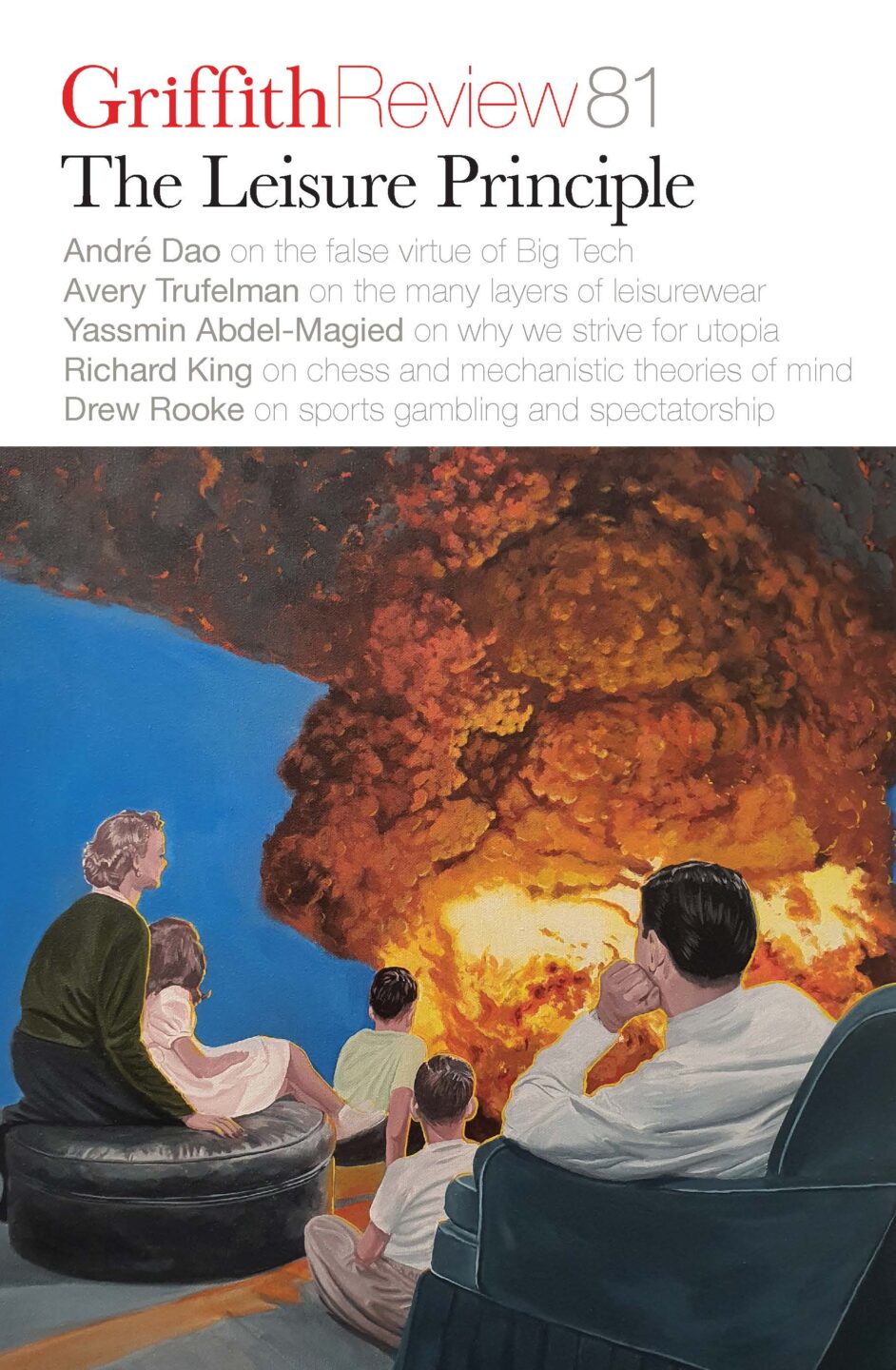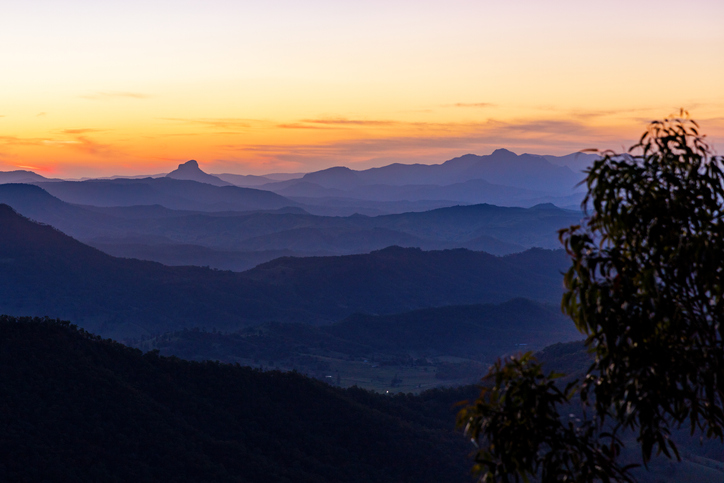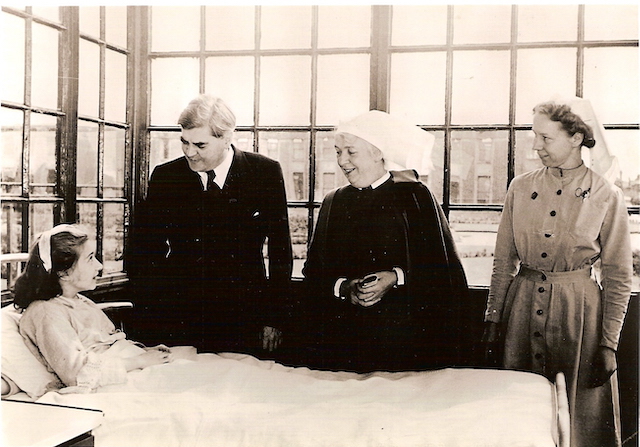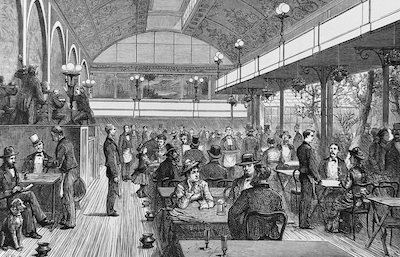The geography of respect
Rock climbers, Traditional Owners and reconciling ways of seeing
Featured in

- Published 20230801
- ISBN: 978-1-922212-86-3
- Extent: 200pp
- Paperback (234 x 153mm), eBook


Already a subscriber? Sign in here
If you are an educator or student wishing to access content for study purposes please contact us at griffithreview@griffith.edu.au
Share article
More from author

Healthcare is other people
‘I see a lot of junior doctors suspend what I think of as their natural self during training,’ Bravery tells me – the self that is patient-centred and came to the profession because they wanted to help people. ‘They think that once they get far enough along the training pathway then their natural self will just come rushing back. But often it doesn’t.’ With this observation, Bravery identifies what is known in the broader education context as the ‘hidden curriculum’, the unwritten and untaught – and generally negative – behaviours that we see in those around us and learn to emulate to assimilate and excel. In the medical context this usually means a retreat from patient-centredness, a harried and sometimes imperious air, and a concern for money and distinction. Medical students are told about patient-centred care… We labour over weekly theoretical case studies during our pre-clinical (that is, classroom) years to the constant refrain from tutors to think of the patient’s experience and social circumstances.
More from this edition

History in Sid Meier’s Civilization VI
Poetry Because they spawn near each otherdiscover one another’s dog-scoutsSparta and Gandhi are contemporariesthe Eurotas river and the Gangesmuddying into the Indian Ocean, barbariantriremes appearing...

Oh, the shame of it
Non-fictionModern leisure emerged in the West in the early 1700s when French and English cities developed new forms of society built around urban amenities – parks, cafés, fairs and shopping districts – servicing an expanding class of people with discretionary time and income. Public museums as storehouses of national culture appeared a little later in the nineteenth century where they contributed to the development of so-called ‘rational recreation’, a species of serious leisure intended to ‘civilise the masses’.

At the subway station
Poetry In a world of cunning shadesI’m the only sleuth. I hop on the train bound for a futureI’ve been hired to investigate. For a moment all...